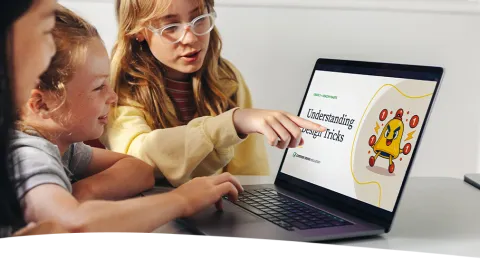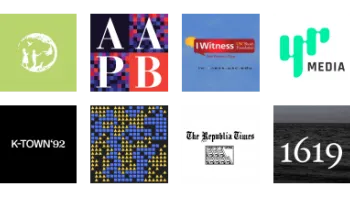
Digital Citizenship Week is October 20–24!
Join teachers worldwide to promote a healthy, positive approach to media and tech.
Take a look inside 7 images
Fandom Forward
Pros: Thoughtful materials connect media analysis to community-building and activism. Local and virtual events and meetups.
Cons: Explores controversial issues that could make classroom approval/use difficult. Curriculum writers are thoughtful fans vs. scholars.
Bottom Line: This site offers smart, fun resources for exploring the layers of meaning in media and finding causes to fight for.
How Can I Teach with This Tool?
Fandom Forward, formerly known as the Harry Potter Alliance, is an international nonprofit that helps people learn media literacy and cultural critique and then connects them with political organizing and activism. Fandom Forward features toolkits and resources from a variety of media including Pokémon, Steven Universe, Star Wars, and Black Panther. The site's materials help fans see how the media they consume reflects social, cultural, and political struggles today. The site is mostly geared toward teens and young adults. The reading level is fairly high, and the topics can be heady, controversial, and complex.
Teachers could use the site's toolkits to help teens learn and practice media literacy. The toolkits are also handy for exploring issues like sexism, ableism, climate change, media manipulation, racial justice, and more. To get a sense of what's available, teachers should explore the site's Resources page and browse the toolkits, all of which start with some general guidelines for handling tough questions and some discussion questions and activities for exploring topics in greater detail. The table of contents in each toolkit is a big help. Skim these to find topics that align with issues that will resonate with your students. That may be the most helpful way to think about using this site. Some toolkits will focus on a particular episode or scene from a show or movie; you might consider showing a clip and using it as a point of departure for a longer in-class conversation. Also, look for opportunities to complicate the arguments put further in the toolkits. Often, the authors present one way of interpreting or examining media when there are alternative "readings." This could be a great activity for students as well. Have them search for articles or analysis that presents a different perspective than the one represented in the toolkit.
Teachers might also co-develop with students their own toolkits for media Fandom Forward doesn't cover. Work with students to identify the core themes and topics presented in the movie, show, or game. Develop discussion guides and glosses and analyses of particular characters or events, and curate research and references.
To see how this tool works, watch our video overview of Fandom Forward.















